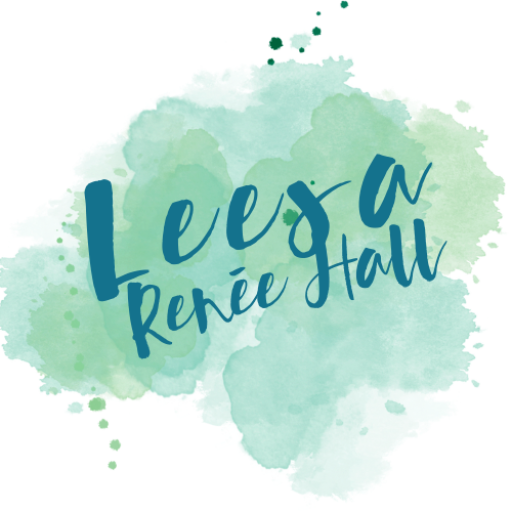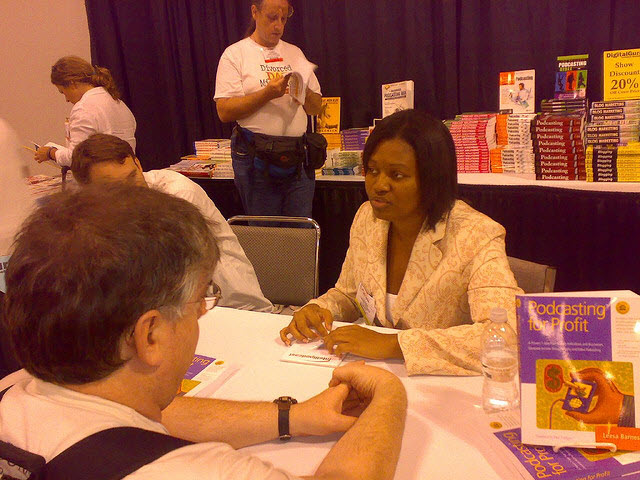“The one sure way to know something someone tells you about podcasting is bullshit is that they are convinced that they can’t be wrong.” The most experienced podcast experts know only slightly more than the least experienced. If you march to their beat too closely, you’ll never invent your own dance moves.”
Said by the ever so clever contrarian, Dave Slusher on his blog recently. He was commenting on podcast length, frequency and formats after listening to someone else say that no podcast should be longer than 10-minutes.
I no longer believe that there are any rigid rules you need to follow when it comes to podcast length and frequency. I commented on podcast frequency recently, saying that being infrequent with new podcast episodes will actually encourage more people to subscribe.
I used to be adamant about podcast frequency and length. “It has to come out on the same day each week and it has to be under 20-minutes.” I even used information from a survey that I conducted a year ago as proof that podcast consumers want short, pithy information from a podcast.
But now, I believe that your frequency and length should be dictated by two things and two things only – your goals and your audience. In particular:
- Your goals will help you decide why you’re podcasting. Is it to offer your podcast as a teaser to lead people to your other products and services? If so, then yes, maybe 10-minutes might work. But so too would 15- or 45-minutes.
- Your audience will tell you what they want. Has the majority of them told you that they only want 10-minutes? Or maybe they want more? What are they telling you?
At this point, the only reason I would recommend publishing on the same schedule is to keep you motivated to continue putting out fresh new content.
Otherwise, if your aim is to reward subscribers, they won’t care what day of the week your podcast comes out. They probably won’t even care because they’ll get the new episode as soon as they open their podcatcher. As Dave said:
“To this day, there are maybe 10% of the weekly shows I listen to that I could even tell you what day the new shows come down on. I’m sure a lot of people care, but a lot don’t. I certainly don’t.”
So, get over it. Stop using podcast length and frequency as an excuse not to podcast. Instead, map out your goals, figure out why you want to podcast and then let your audience tell you what you want.
At the end of the day, podcast producers are servicing their audience. If you can’t see it that way, then you shouldn’t be podcasting. And that’s the only dance move I’ll strongly encourage you to follow.
Tags:
podcasting,
dave slusher,
podcasting tips,
podcast length


http://www.canadianpodcastlistenerssurvey.ca/
The link to your survey doesn’t work. I’d be interested in reading this.
Hey there! You make some great points!
However, what happens when your listeners aren’t communicating with you? And how do you recommend to fish for feedback?
In my case, it is a business podcast, so we may have many who do not wish to make contact (as they may feel that they are going to be sold to if they do), but still have their own thoughts about how it should be. Any ideas for opening a line of communication there?
Cutting down podcasts, especially when they are oozing with really great, thought-provoking content can be difficult. I personally wouldn’t mind them being longer, with some recordings as long as 30 minutes being cut down to 20. However, some involved with the podcast agree and others do not.
Finding that happy medium can not only be hard, but it takes A LOT OF TIME when editing to make sure only the best stuff gets through, and none of it is lost.
Since I’m working toward radio distribution of my show, a weekly schedule will make it appear more professional in the eye (ears?) of a radio station or network program director. Likewise, the length of the shows mush be consistent for those same reasons.
But if you’re not aiming for radio distribution, I think you should still give some consideration to setting and meeting your audience’s expectations. You shouldn’t get your audience used to setting aside 15 minutes for your show, and then stuffing an hour into their ear buds by surprise. Likewise, if they’ve set aside 30 minutes a day to listen to podcasts, and you go from a five week break to releasing five shows in as many days, they’re likely to react the way a lot of us react to SPAM. So consistency is not necessary, a strict schedule is not necessary, but telling your audience what to expect, and then giving them what thye expect, is important.
My audience tells me this: A few of my listeners would like more of my shows than I give them. So I post a link to a “producer’s cut” on my web site — this is the 11-16 minute version that I get when I first put my original script into audio. More have told me they appreciate that my shows are short and get strictly to the point. So I start with that “producer’s cut”, and edit the show that winds up in the RSS feed to always stay under 10 minutes.
Yea! Leesa, I’m so glad you put this out. I’ve always felt guilty for not being consistent with my podcast episodes. I get that nagging feeling as the work piles up on my desk and I have to push out getting my episodes edited and ready to post. I know as a listener I prefer shorter podcasts over long ones. They’re easier to fit into my busy schedule.
Andrea Kalli
Outlook Productivity Tip video podcast
http://feeds.feedburner/Outlook2003ProductivityTips
Outlook, SharePoint, and Business Technology podcast
http://www.productivitypodcast.com/businesspodcast
owner, Small Business Podcast Directory
http://www.smallbusinesspodcastdirectory.com